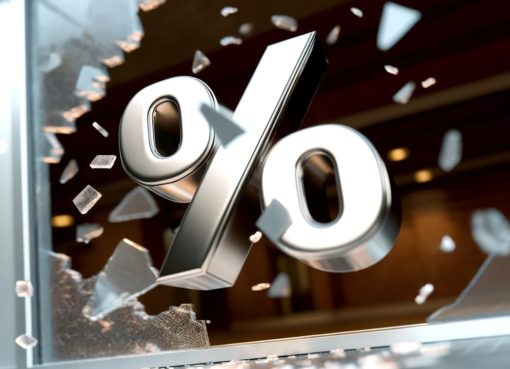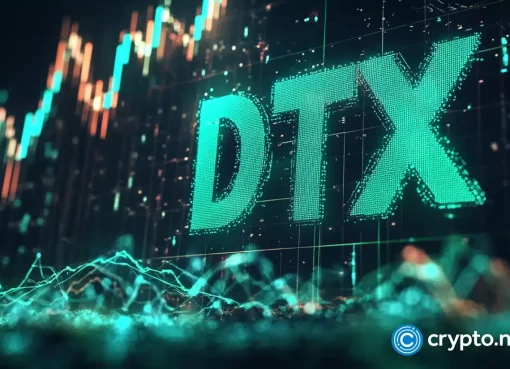A United States court has issued a summons to Tron founder Justin Sun’s Singapore address in connection to a Securities and Exchange Commission (SEC) civil case.
In an April 12 filing, the U.S. District Court for the Southern District of New York ordered Sun to respond to the summons within 21 days by contacting attorney for the SEC Adam Gottlieb. According to the court, “judgment by default will be entered” should the Tron founder fail to respond — suggesting penalties related to alleged securities law violations.
Sun’s Twitter bio showed his location as Switzerland, while ractivity on his social media accounts suggested he had recently been in Hong Kong. The Tron co-founder was reportedly born in China and claims citizenship in Grenada, while the Tron Foundation was established in Singapore in 2017.
Arrived HK pic.twitter.com/8PgKsCrDeQ
— H.E. Justin Sun 孙宇晨 (@justinsuntron) April 11, 2023
In March, the SEC filed a civil lawsuit against Sun, the Tron Foundation, the BitTorrent Foundation and Rainberry over the “orchestration of the unregistered offer and sale, manipulative trading, and unlawful touting” of Tron (TRX) as a crypto asset security. The financial regulator alleged Sun engaged in “manipulative wash trading” by helping drive public interest in TRX and BitTorrent (BTT) with the help of celebrities including Soulja Boy, Lindsay Lohan, Jake Paul, and Akon.
At the time of the SEC announcement, all celebrities allegedly involved in the scheme had settled with the regulator, with the exception of Austin Mahone and Soulja Boy. The SEC said it planned to “permanently prohibit” Sun from acting as an officer or director of any firm offering crypto securities should it prevail in the case.
Related: Judge orders YouTuber ‘BitBoy Crypto’ to appear and address alleged harassment
Sun is far from the only figure in the crypto space who has been the target of U.S. authorities in the wake of the 2022 market crash and multiple bankruptcies. In January, a bankruptcy judge issued a subpoena to Three Arrow Capital co-founder Kyle Davies. Unlike Sun’s summons, which was sent to a physical address, the U.S. court authorized a subpoena via Twitter in Davies’ case, but he had failed to respond as of the time of publication.



